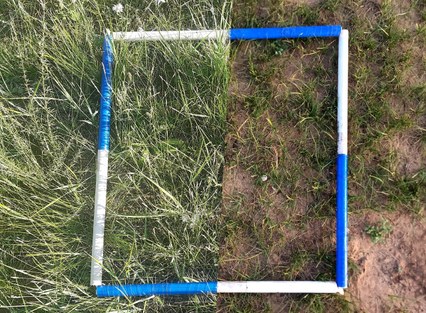Investigation of SOC dynamics across a broad range of forest-steppe to arid-steppe grassland ecosystems: effects of climate change and overgrazing
In arid and semi-arid regions, climate change is believed to be the most responsible for many environmental issues, including soil degradation. In Mongolia, the number of livestock has tripled since the early 1990s, while the mean annual air temperature increased three-times faster than the average global temperature rise. These changes are very likely to have great impact on SOC dynamics and stocks. However, there has been very limited research on the response of SOC to climate change and overstocked grazing intensities simultaneously. The main objective of this project is to investigate the impacts of climate change and continuous (over)grazing on soil properties, particularly, SOC stocks, and on vegetation across different bioclimatic regions (continental climate, ranging south to north from arid and semi-arid steppe to more humid forest steppe). The PhD comprises three laboratory phases and one model-based approach to study SOC stock changes and the current day quality based on 3-years field work in Mongolian permanent grassland region. Four key parts of the PhD research are: (1) an inventory of SOC stock changes along three different bioclimatic regions during the past four decades; (2) an analysis of current day quality and stability of OM in Mongolian steppe soils; (3) an assessment of the effect of long-term (over)grazing on vegetation and SOC stocks; (4) scenario analysis of climate change impact on Mongolian steppe soil SOC stocks.
